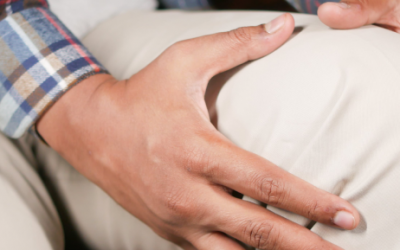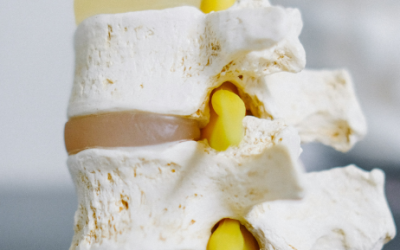Sitting 3 hours per day shortens your life by 2 years and damages your mind and body. Also, people with sedentary jobs have twice the risk of heart disease. Being sedentary is not the same as lack of fitness. Those are two equally important and distinct risk factors to health. Sitting for too long slows the metabolism which affects our ability to regulate blood sugar, blood pressure, and metabolise fat.
Below are some tips to reduce sitting time
Adults
Most of the adults spent their day at the office sitting at a desk for 8-10 hours. Sitting needs breaking up.
What you can do:
- stand on the train or bus
- take the stairs and walk up escalators
- set a reminder to get up every 30 minutes
- place a laptop on a box or similar to work standing
- stand or walk around while on the phone
- take a walk break every time you take a coffee or tea break
- walk to a co-worker’s desk instead of emailing or calling
- swap some TV time for more active tasks or hobbies
Older adults
Some older adults (aged 65 and over) are known to spend 10 hours or more each day sitting or lying down, making them the most sedentary population group. Older adults should aim to minimise the time they spend in extended periods of sitting each day.
What you can do:
- avoid long periods sat in front of a TV or computer
- stand up and move during TV advert breaks
- stand or walk while on the phone
- use the stairs as much as possible
- take up active hobbies such as gardening and DIY
- join in community-based activities, such as dance classes and walking groups
- take up active play with the grandchildren
- do most types of housework
Children and young people
Research suggests that children and young people in households with multiple TVs and computers tend to sit more. For children aged 5 to 18 years, reducing sitting time includes anything that involves moving in and around the home, classroom or community.
What you can do:
- consider ways for children to “earn” screen time
- agree to a family limit to screen time per day
- make bedrooms a TV- and computer-free zone
- set “no screen time” rules to encourage kids to be active
- encourage participation in house chores such as setting the table or taking the bins out
- choose gifts such as a scooter, skateboard, ball or kite to encourage active play
- Parents could lead by example by also reducing their TV time and other sitting-based tasks.
See also:
Read more at:
http://www.nhs.uk/Livewell/fitness/Pages/sitting-and-sedentary-behaviour-are-bad-for-your-health.aspx



